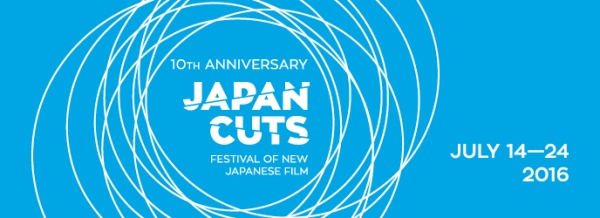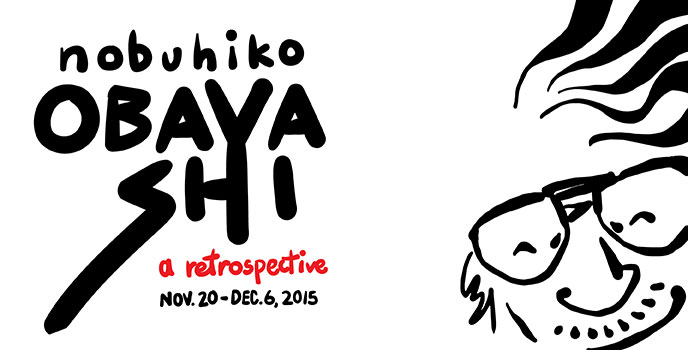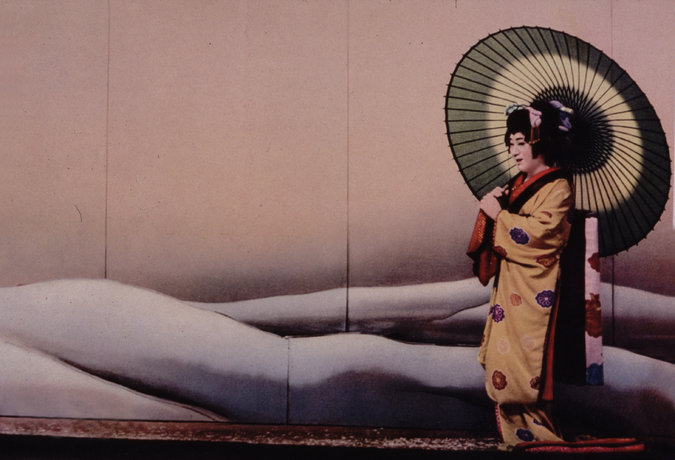Introduction of Nagasaki: Memories of My Son by composer Ryuichi Sakamoto at the 10th anniversary of Japan Cuts Festival of New Japanese Film.
August 9, 1948. Nagasaki, Japan. An aging midwife named Nobuko (Sayuri Yoshinaga) is visited by the ghost of her son Koji (Kazuya Ninomiya), whom she lost to the atomic bomb. From then on Koji visits his mother frequently to reminisce and catch up on lost time. Their biggest topic of conversation is Koji’s kind-hearted fiancée Machiko (Haru Kuroki), who regularly visited Nobuko over the three years since Koji’s death. Machiko and Koji both seem unable to fully accept Koji’s death, but Nobuko slowly encourages them to move on. Yoji Yamada’s moving, star-studded film is a complementary response to playwright Hisashi Inoue’s seminal work The Face of Jizo, about a father-daughter relationship in the aftermath of the Hiroshima bombing, and the master director’s self-proclaimed attempt at making “the most important film in his life.”





